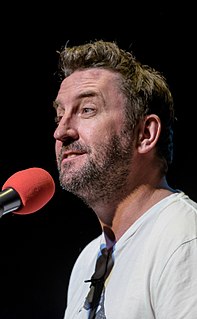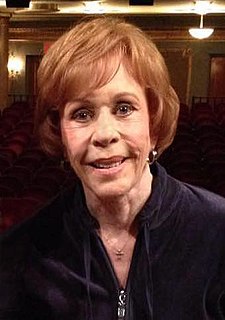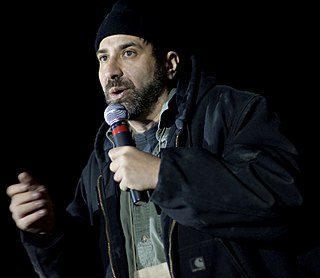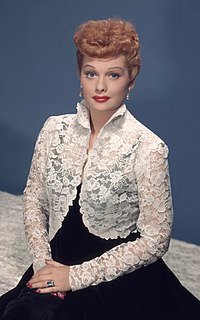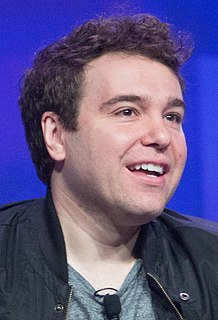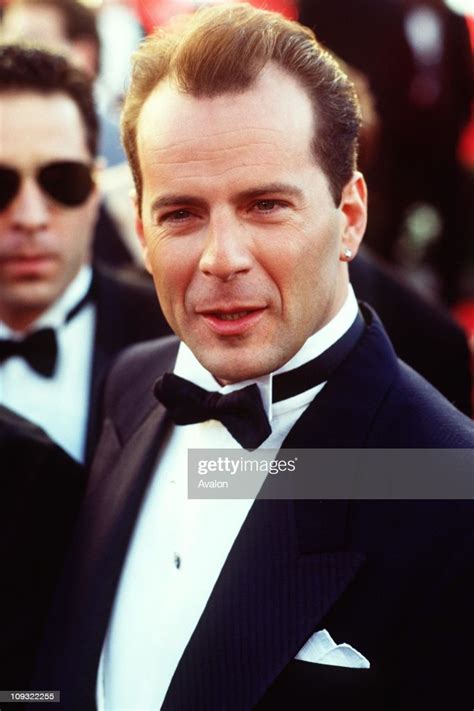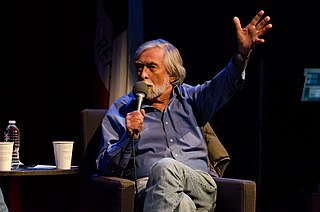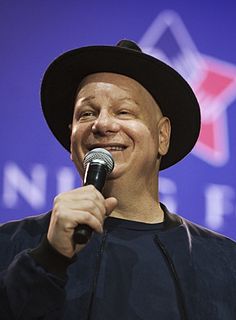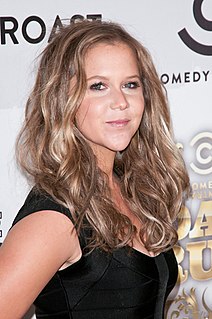A Quote by Lee Mack
When I tell a joke, I don't think about who's listening to it. I tell the jokes I think are funny.
Related Quotes
Humor has the tendency to be funny once. If I tell you a joke, we're going to have a big laugh. But the second time I tell the joke, it's going to be a bit strange, and the third time you're going to ask if there's something wrong with me. So I am very cautious with jokes, but there is a lightness in my work.
Now, I want to explain something to you guys. I don't have an ending joke, because I don't tell jokes. I tell real-life stories and make them funny. So, I'm not like the average comedian. They have an ending joke; they always holler Peace! I'm out of here, and walk off stage. So, basically, when I get through performing on stage, I just walk off.
There are jokes I know I want to tell, and there's sort of a rough order, but usually I try to change it up every show, to improvise and talk with the audience. I think when you tell jokes, if you're not careful, you can end up telling the whole list of jokes and then that's it. And that can get a little boring.
Funny stories on set - there are thousands of them, but they are only funny to the people who were on the movies. You start to have inside jokes and gallows humor. You have all kinds of things you laugh at, but as soon as you tell somebody, the joke falls flat because they don't know the context of it.
Whatever the joke is has to be funny, and not coming from a mean-spirited place. I think some things are totally off limits. If someone's spouse died, or one of their children, I would never joke about that in a Roast situation. I don't have any aspirations towards writing any cancer jokes, and there's some stuff that I think is definitely taboo.
